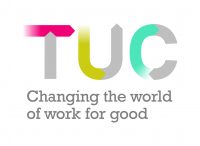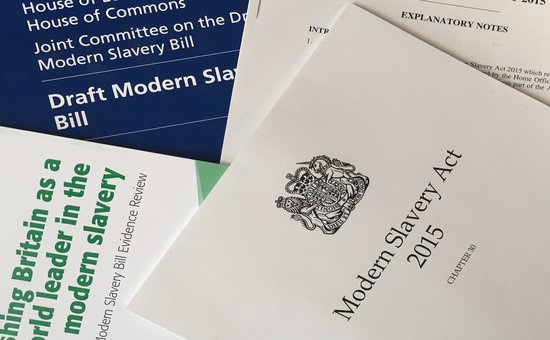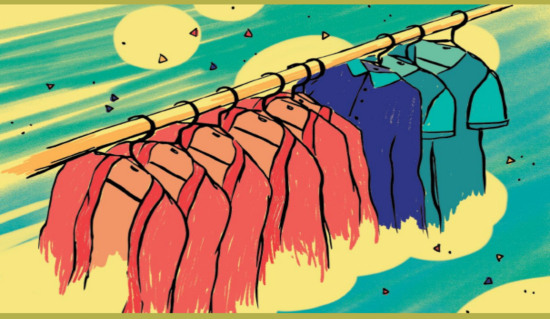Making Mandatory Human Rights Due Diligence Work for Homeworkers
New Briefing from Homeworkers Worldwide UK discusses how the situation of precarious women workers such as homeworkers is carefully considered by policy makers when translating human rights due diligence into law. This includes some of the risks that such legislation could create and consideration of how best to ensure its impact is positive.






